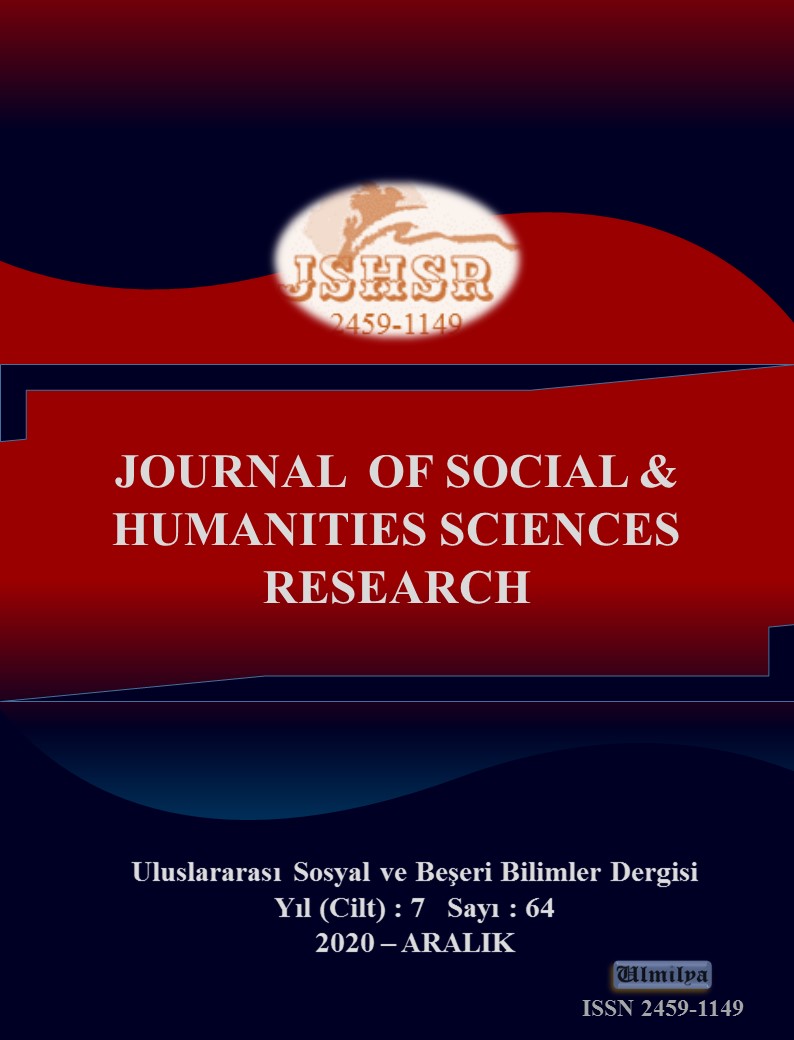SELF-DETERMINATION AND TERRORISM: PKK TERRORIST ORGANIZATION
DOI:
https://doi.org/10.26450/jshsr.2182Keywords:
The right of nations to self-determination, terrorism, international lawAbstract
In the field of international law, there is no general definition of terrorism accepted by world states. In general, states define the definition of terrorism in their own laws, but as a general definition, it is accepted in various contract or treaty articles of international organizations, united nations. This ambivalent approach complicates the definition and acceptance of terrorism, while members of terrorist organizations are considered terrorists, while some countries consider terrorists as freedom fighters. These definitions make it difficult for countries to fight terrorism, and terrorist organizations benefit from these definitions and receive support from other countries as logistics, intelligence and security.
The question of why world states cannot find and reach a binding and explanatory general concept and definition of terrorism must be handled and questioned by developing countries and states where various ethnic identities occur. Major states, terrorism is committed on behalf of a religion, a nation, for what reasons, motives, where and by whom, under any circumstances, no reason and factor legitimate terrorist acts, while self-determination of colonial or foreign occupation peoples (the right of nations to self-determination ) and their actions for terrorist activities and their actions for national liberation are legitimate and regard those who carry out such actions as national liberation fighters
Downloads
Published
How to Cite
Issue
Section
License
Copyright (c) 2020 INTERNATIONAL JOURNAL OF SOCIAL HUMANITIES SCIENCES RESEARCH

This work is licensed under a Creative Commons Attribution 4.0 International License.


